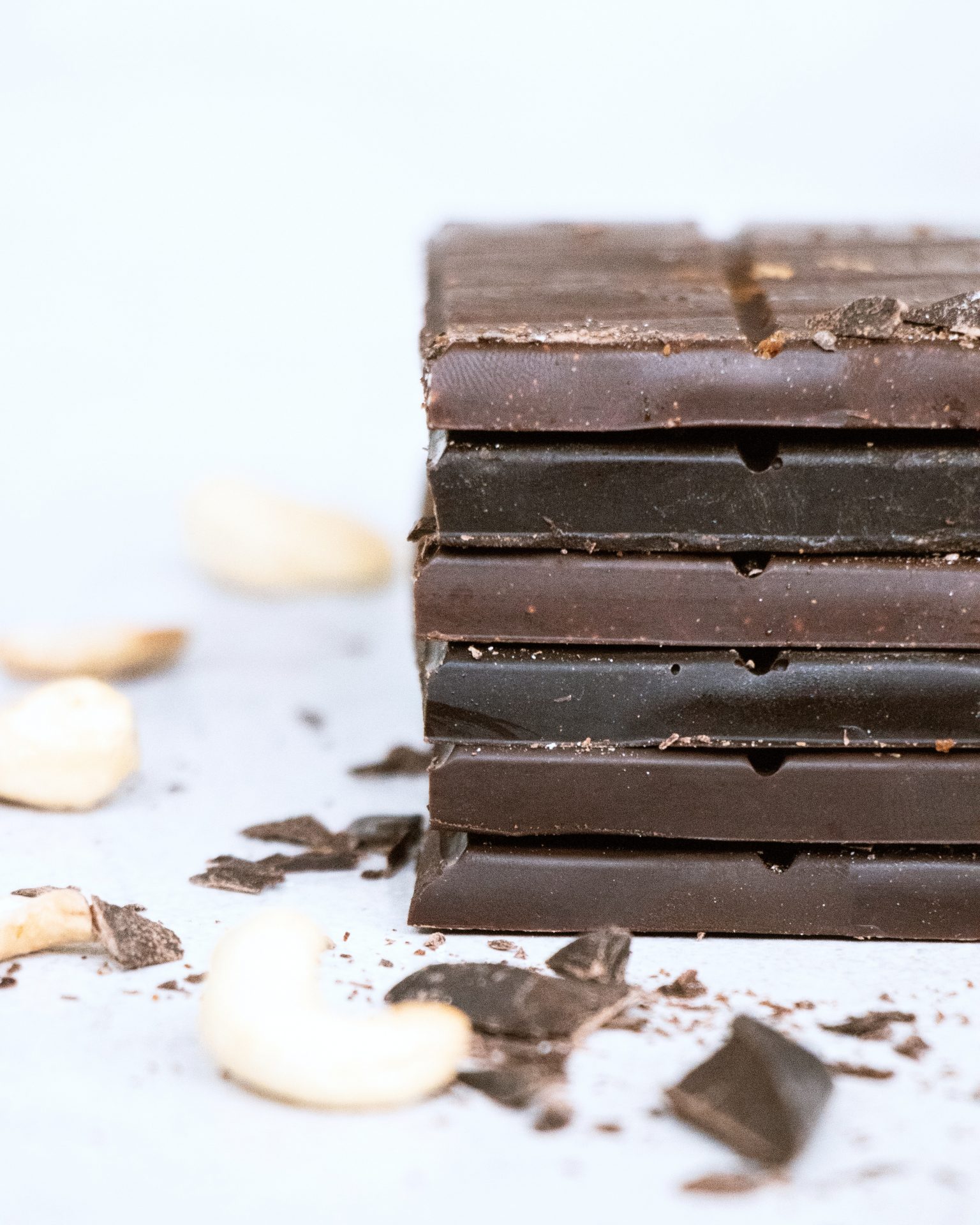https://healthmedicinentral.com/top/human-growth-hormone-secondary-structure/
All the benefits eating dark chocolate can have on your fitness and workouts, explained by nutritionists.
There’s nothing like having a lump of chocolate after dinner or for a mid-afternoon pick-me-up. Whether you’re into something mild and creamy (like a 50%), or bitter and bold (80%+), there’s a cacao percentage out there for everyone.
But it’s not just the taste of dark chocolate that makes it such a fabulous snack. You’ll often hear people talking about the huge health benefits associated with eating a bar of a higher percentage chocolate. From sleep to exercise, there’s regularly chat about why dark chocolate is, in fact, so good for you.
You may also like
Stop feeling guilty for snacking: why having an afternoon sweet snack is actually good for you
According to nutritionist Jenna Hope, “dark chocolate is higher in cocoa, which is the carrier for many of the benefits. The higher the cocoa content, the lower the sugar content, too. Dark chocolate typically ranges from 70% to 99% (in some cases even 100%!), so the higher the percentage, typically the lower the sugar and the more cocoa present in the chocolate,” says Jenna.
But how true are those claims, and is it something you should be eating every day? To find out how dark chocolate can help you and your fitness, we asked two expert nutritionists.
Health benefits of eating chocolate
Stress relief
Most of the goodness in your dark chocolate bar can be traced back to one ingredient – cocoa. A 2022 review by scientists from the Shibaura Institute of Technology has found that a certain type of polyphenols found in chocolate (known as B-type procyanidins) can help our bodies adapt to stress.
They found that eating a single optimal dose of cocoa flavanol temporarily increased blood pressure and heart rate – but didn’t change if the dose was increased or decreased. That, they concluded, proved that our bodies create a hormetic response to cacao; it’s hormesis that protects us from ageing and makes us more resilient to future stress.
Heart health
“Flavanols, a plant nutrient with heart-protective benefits, are found in many foods but are abundant in raw cacao,” explains nutritionist Rohini Bajekal from Plant Based Health Professionals.

These flavanols are known for their antioxidant properties “which means they limit free radicals in the body. Free radicals are a natural by-product of digestion, exercise and exposure to pollutants, but they contribute to cell damage,” explains Hope. “Dark chocolate has also been associated with improved vascular function, reducing blood pressure and supporting heart health due to its polyphenol and theobromine content,” Jenna adds.
Improved sleep
Sleep experts also herald dark chocolate for it’s ability to help with sleep. Keris Marsden, nutritional therapist, previously told Stylist that “chocolate increases serotonin – serotonin helps you fall asleep at night,” and psychologist Hope Bastine eats dark chocolate as a source of tryptophan, an amino acid that regulates sleep.
How does dark chocolate help exercise?
Increases blood flow and lowers blood pressure
A 2016 study by Kingston University found that 40g of dark chocolate a day improved athletic endurance of participants – that is how long they could effectively exercise for. The researchers suggested this is because of a type of flavanol in cacao called epicatechin that has been shown to increase nitric oxide production in the body.
Nitric oxide is a vasodilator, meaning that it relaxes our muscles – allowing the blood vessels to widen. When your vessels widen, you end up with increased blood flow and lower blood pressure – exactly what you want when you’re running, lifting or recovering.
It’s rich in magnesium
“Cocoa is also rich in magnesium which, among it’s 600+ roles, plays a key role in muscle and nerve relaxation and energy production, and cocoa provides some calcium and iron too which are important for supporting bone health and transporting oxygen around the body,” adds Jenna.
Reduces inflammation
There is also some evidence to suggest that dark chocolate may help to support mitochondrial function and reduce oxidative stress and inflammation caused by exercise. “Mitochondria produce ATP (the body’s usable form of energy) and therefore dark chocolate may aid energy production,” explains Jenna. “Although, the evidence is mixed and more research is needed before we can conclusively suggest that dark chocolate may aid exercise performance and recovery.”
You may also like
The best pre-workout snacks to boost your energy levels before a class or gym session

When should you eat dark chocolate?
Although dark chocolate is fine for most people any time of day, it does contain a small amount of caffeine so may be best avoided by those who “are sensitive to the effects of caffeine or are prone to stress and anxiety,” says Jenna.
“Otherwise, I recommend having dark chocolate throughout the afternoon. Between 20-30g is an ample portion size, as dark chocolate is more bitter than milk and white chocolate.”
Follow @StrongWomenUK on Instagram for the latest workouts, delicious recipes and motivation from your favourite fitness experts.
Images: Getty
Source: Read Full Article
